Audio recording of the closing plenary discussion with Chris Cutrone and Richard Rubin at the 11th annual Platypus Affiliated Society international convention, hosted at SAIC on April 5, 2019.
Towards a Newer Avant-Garde presents: "To a Woman Passing By"
Inaugural Exhibition
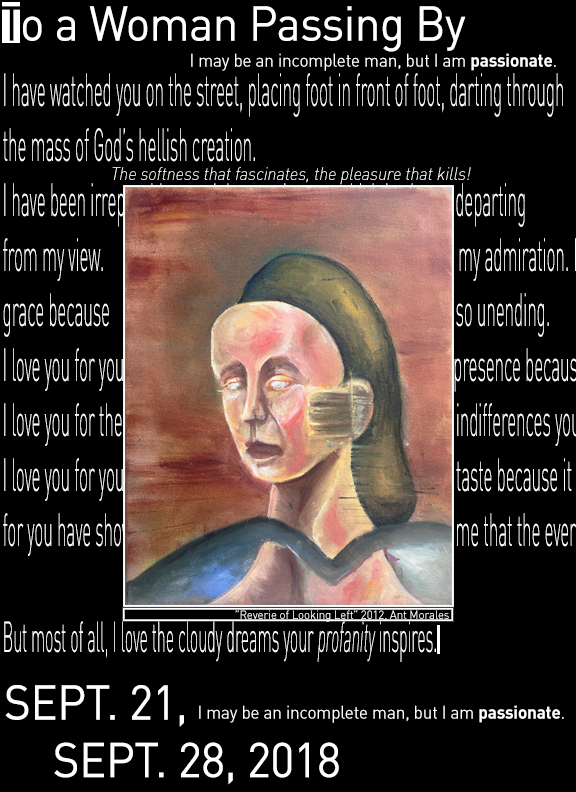
Reception
Friday, September 21st, 2018 (Obst, 1801 s Peoria)
To a woman passing by,
I have watched you on the street, placing foot in front of foot, darting through the mass of God’s hellish creation. I have been irreparably struck by your image, which is always departing from my view. With the abandon of your steps, you have won my admiration. I love you for your grace because your walk is so unloving and your movement so unending. I love you for your presence because your sight vaporizes and your gaze unnerves.I love you for the indifferences you cast and the interest you represent. I love you for your taste because it ruthlessly discards whatever cannot last, for you have shown me that the ever-new remains the same old thing. But most of all, I love the cloudy dreams your profanity inspires. Your’s is a rejuvenating sight, and for that I dedicate these works, my first efforts in your name.
The softness that fascinates, the pleasure that kills!
I may be an incomplete man, but I am very passionate.
Exhibiting Artists |
Tatyana Skalany, Anthony Gonzalez, Wesley Gryziak, Suzy Vogenthal, Ant Morales, Anthora Guarderas, Patrick Zapien, Erin Hagood, Stephanie Gomez
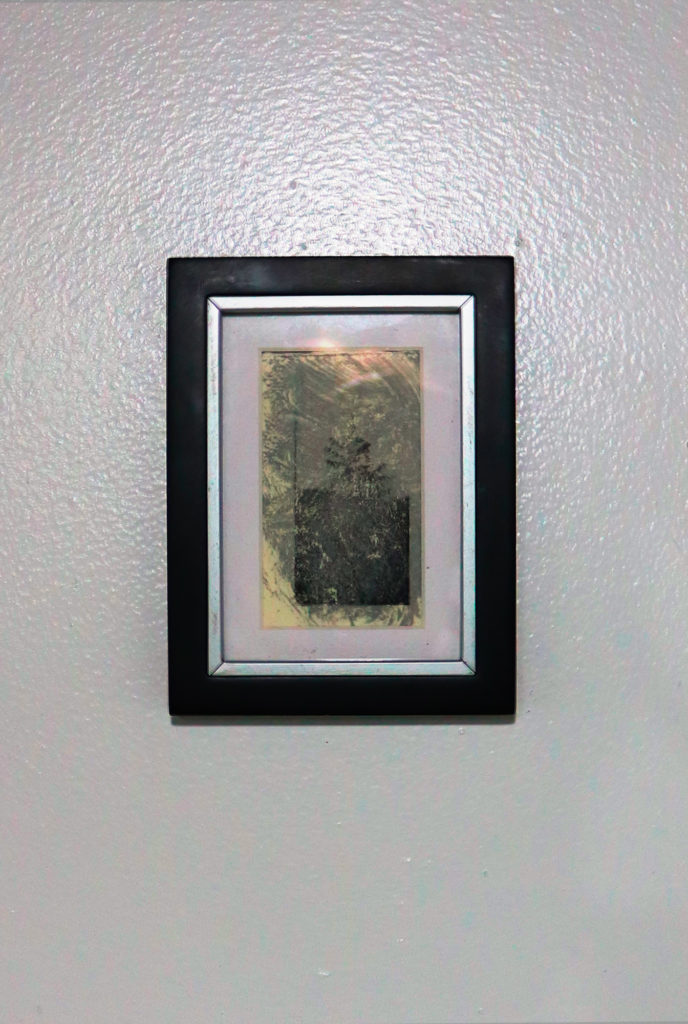
Wesley Gryziak, "Two Trees at the Bottom of a Hill", 2017
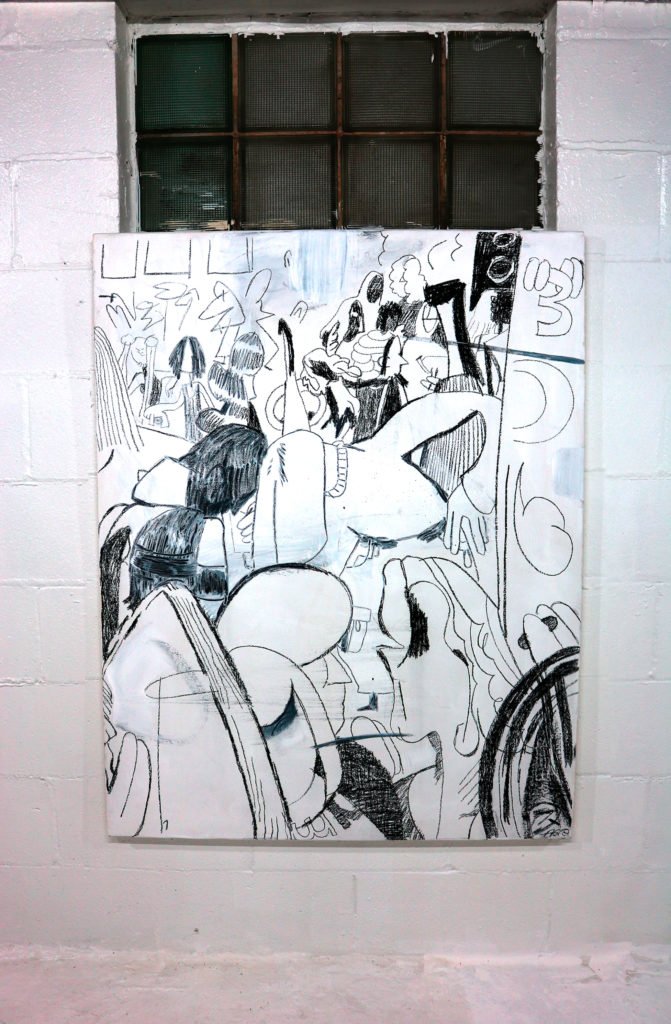
Anthora Guarderas, "pass me by mr. lurk", 2018
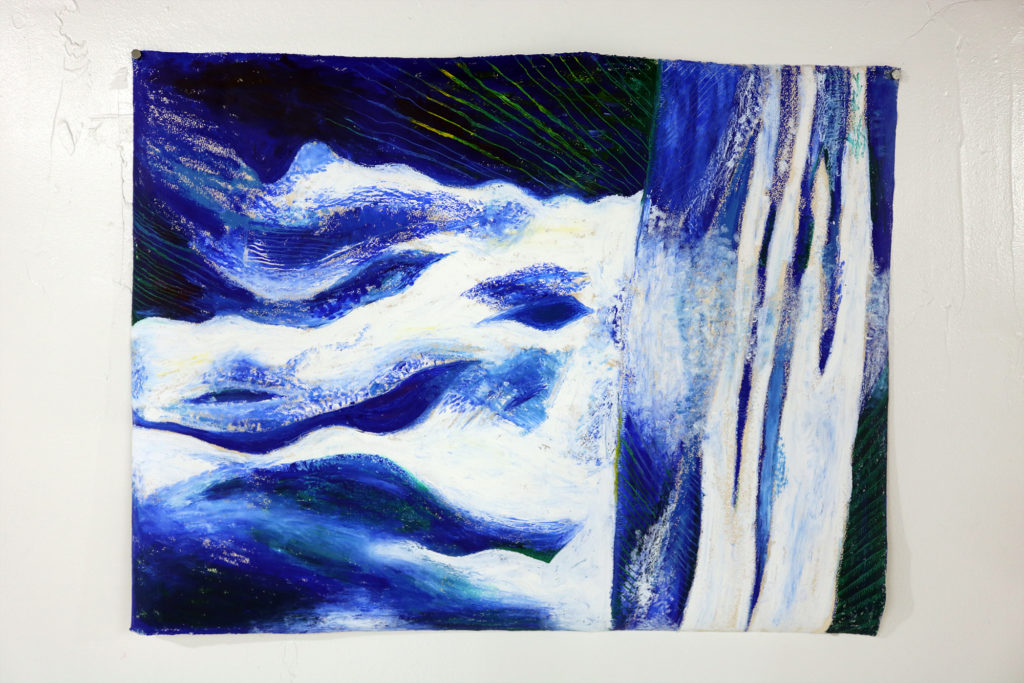
Tatyana Skalany,
Untitled 2, 2018
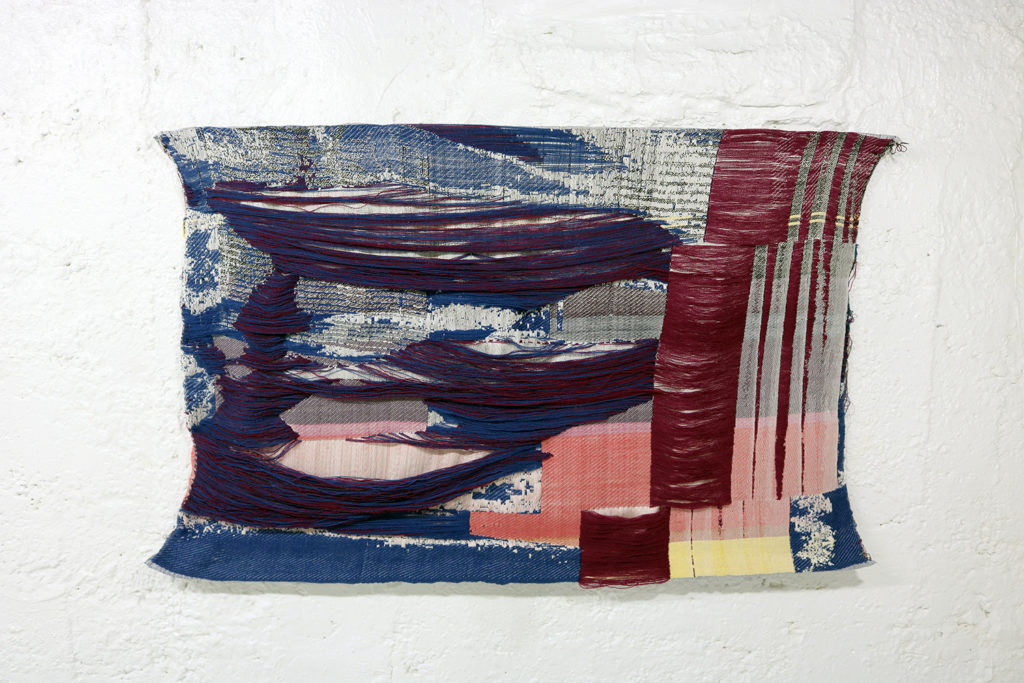
Tatyana Skalany,
Untitled, 2018
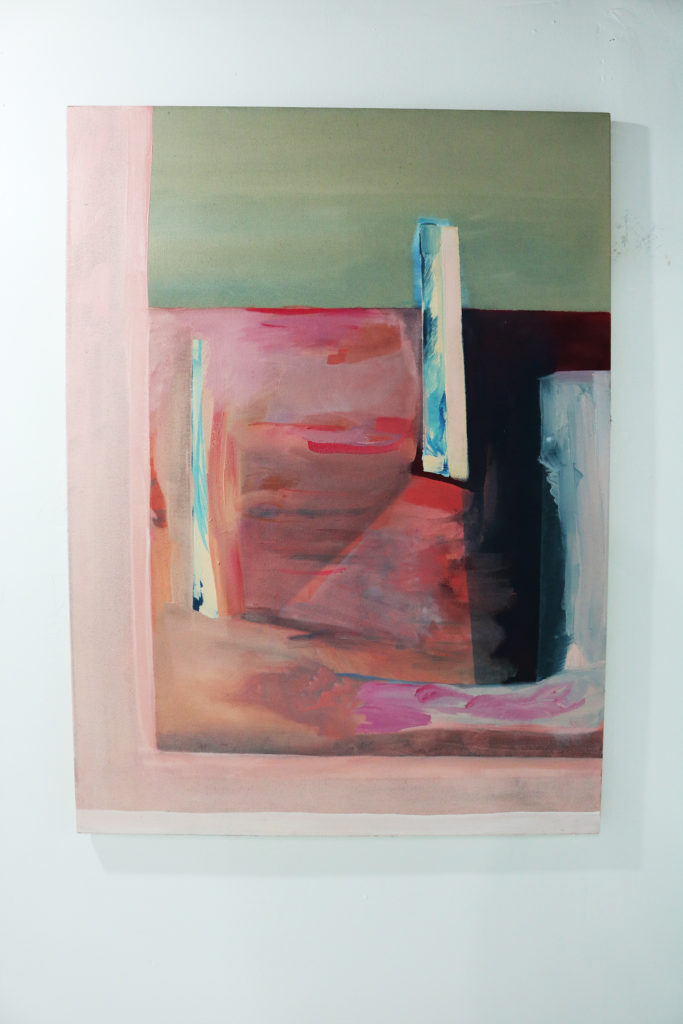
Patrick Zapien, "Three Shades (After Rodin)", 2018
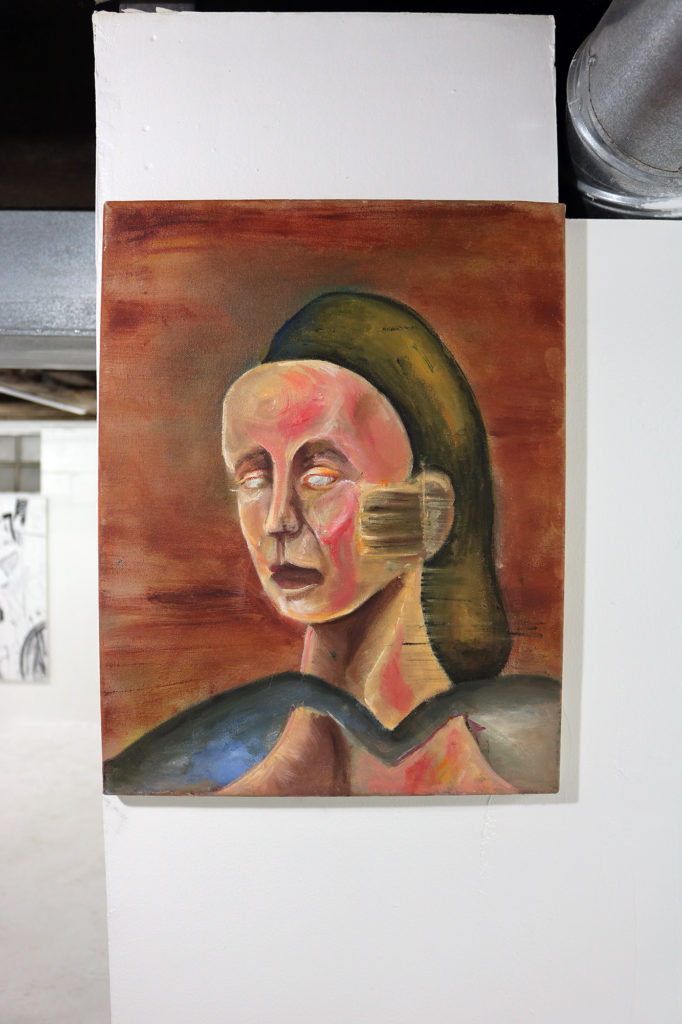
Ant Morales, "Reverie of Looking Left", 2013
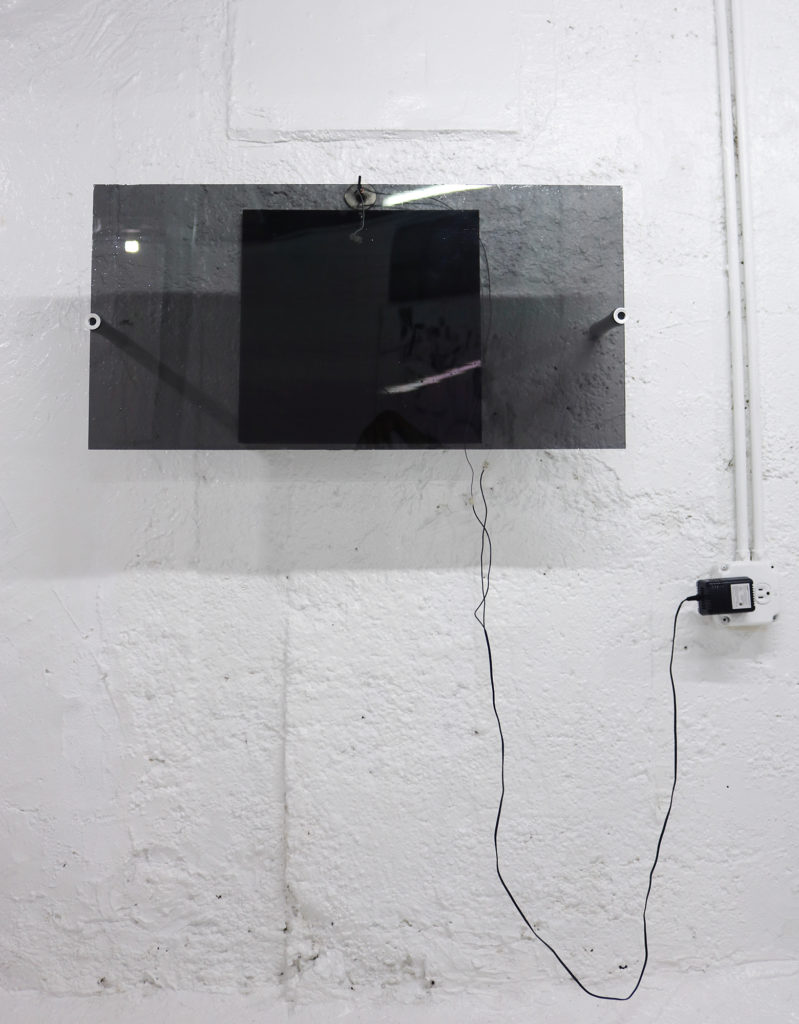
Ant Morales, "6refinery.nine", 2018
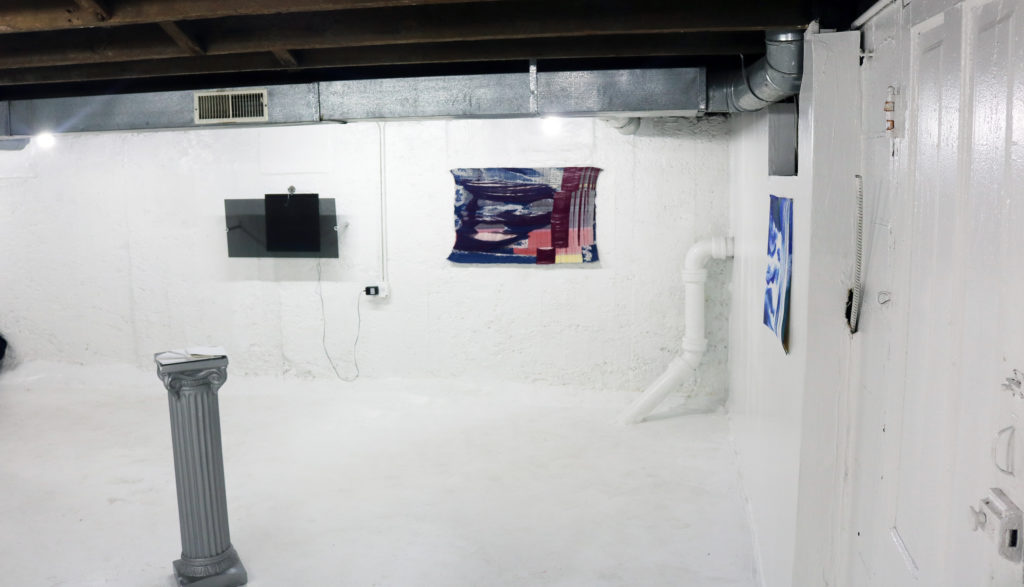
Group show Entrance @ Obst
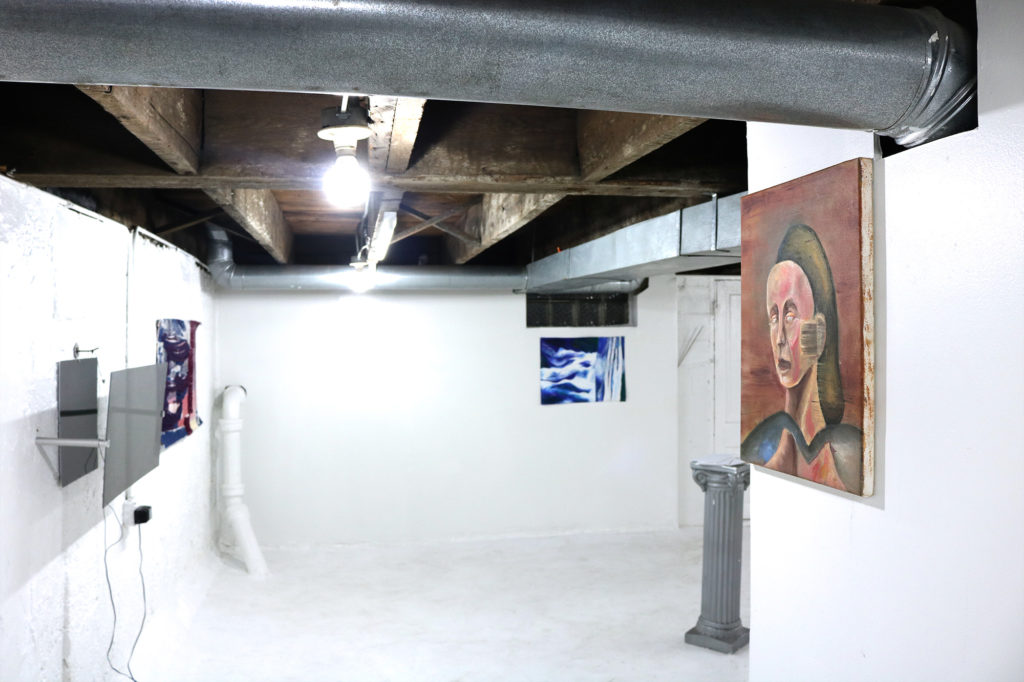
Group Show Exit @ Obst
Erin Hagood, Patrick Zapien, Stephanie Gomez & Suzy Vogenthaler, insert by Wesley Gryziak
"To A Woman Passing By"
(Contact our facebook for inquiry on how to acquire hard copy)
Please follow us on facebook & instagram (linked below) for more updates!
Instagram: @towardsaneweravantgarde
Facebook: towardsaneweravantgarde
Teach-in by Chris Cutrone held October 10, 2017 at the School of the Art Institute of Chicago on the article "The Millennial Left is dead" published in Platypus Review issue #100 (October 2017).
A workshop on the Against Equality collective by Yasmin Nair, at the 9th annual Platypus International Convention. Moderated by Nunzia Faes.
Yasmin Nair: Writer, Activist, Academic Editor at Large for Current Affairs, Freelance writer and reviewer for: Baffler, Verso, Vox, Current Affairs, Alternet, In These Times, Daily Dot, Monthly Review, Electronic Intifada, Windy City Times, and others.
Panelists:
Bill Pelz, director of the Institute of Working Class History
Mimi Soltysik, Socialist Party USA
Panel Description
Electoral politics are a longstanding problem for the U.S. left. In recent decades, a number of parties have formed as an alternative to the Democratic Party: the Labor Party, the Green Party, and now, the Justice Party. However, these parties risk becoming little more than networks of activists or pressure groups on the Democratic Party, and it still remains unclear whether a serious electoral challenge to the Democratic Party is possible. Many progressives blame the “first-past-the-post” structure of U.S. elections, contra labour-friendly parliamentary systems; yet others insist that this procedural focus is misplaced. Leninists charge some quarters of the Left with misunderstanding the proper relationship of the party to the state; but for many, it remains unclear how State and Revolution bears upon the present. Most activists grant the desirability of a viable party to the left of the Democrats, but why exactly such a party is desirable-- to win reforms? to spread emancipatory consciousness?-- is contested as well. These are old questions for the American left-- as old as Henry George, Daniel De Leon, and the 1930s American Labor Party, perhaps the high point of independent electoral politics in the U.S. This panel will investigate several contemporary approaches to electoral politics to draw out the theories that motivate Leftist third parties; it will also ask how the historical achievements and failures of third parties bear upon the present.
Questions:
How does the present election represent an opportunity for the development of a third party? In what ways have Bernie Sanders, Donald Trump, Jill Stein, and Gary Johnson each helped develop a window of opportunity for a third party? In what ways might these figures be responsible for miseducating, depoliticizing, or simply misdirecting potential allies?
What conditions would a Clinton or Trump administration produce for the left? How would each represent a challenge to the Left?
How might a third party avoid simply becoming either an instrument for pressuring the Democratic Party to the Left or a mere recruiting tool for activist and sectarian organizations? In other words: what are the practical and theoretical obstacles to the development of the Left beyond the default form of activity that have characterized it since the mid-20th century?
While we take for granted that a third party would have to distinguish itself from the two major parties, how could a third party attempt to draw from voters from both the Democrats and the Republicans?
The rise of progressivism and socialism in the late 19th/early 20th century defined every attempt at the development of a third party in the 20th century. How are progressive and socialist politics distinct and/or related? What role would each play in the development of a mass third party for the 21st century?

